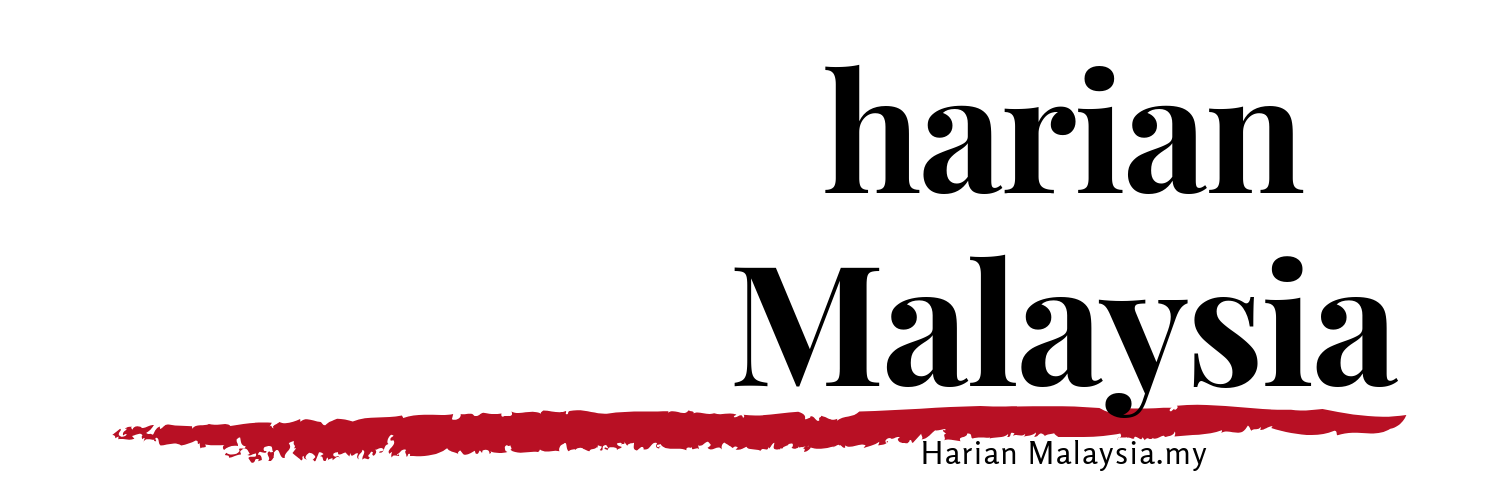Feedback is a powerful tool that drives growth and development in various aspects of life, including education. For Malaysian students pursuing medical science programmes, receiving constructive feedback is vital in honing their skills and improving their performance. In this article, we will explore the significance of feedbacks in the context of Malaysian students’ medical science journey, particularly in the Royal University of Medical College (RUMC). Understanding the impact of feedbacks on students’ progress will shed light on how it can positively influence their academic pursuits.
The Role of Constructive Feedback in RUMC
Royal University of Medical College (RUMC) stands as a prominent institution in Malaysia, shaping the future of aspiring medical professionals. Amidst the rigorous academic environment, feedbacks play a pivotal role in guiding students towards excellence in their medical science programmes. Whether it’s from faculty members, mentors, or peers, constructive feedback provides valuable insights that help students identify their strengths and areas for improvement.
- Enhancing Learning Experience:
Constructive feedback fosters an enhanced learning experience for medical students in Malaysia. It allows them to identify knowledge gaps, gain a deeper understanding of complex concepts, and discover practical ways to improve their medical skills. By incorporating feedback into their studies, students can fine-tune their learning strategies and achieve academic excellence. - Boosting Confidence and Motivation:
Feedback, when delivered in a supportive and constructive manner, can boost students’ confidence and motivation. Recognising their achievements and acknowledging their efforts provides a sense of accomplishment, encouraging them to strive for even greater success. This positive reinforcement acts as a catalyst for continuous improvement and perseverance in the face of challenges. - Facilitating Professional Development:
In the context of medical science programmes, feedback plays a crucial role in shaping students’ professional development. Constructive criticism enables students to grasp essential clinical skills, bedside manners, and ethical considerations, paving the way for their future roles as compassionate and competent healthcare providers. - Cultivating Self-Reflection:
Receiving feedback encourages students to engage in self-reflection, a valuable skill in any medical professional’s journey. Through introspection, students can identify their strengths and weaknesses, enabling them to focus on self-improvement and personal growth. Self-awareness gained from feedback fosters a continuous learning process that extends beyond the confines of formal education.
Feedbacks in Medical Science Programme Malaysia – Challenges and Solutions
- Overcoming Fear of Feedback:
For many students in medical science programmes, receiving feedback can be an anxiety-inducing experience. Fear of criticism or failure may hinder them from seeking feedback actively. To address this, RUMC can implement a supportive feedback culture, emphasising the importance of constructive criticism and highlighting success stories resulting from feedback-driven improvement. - Timely and Actionable Feedback:
Effective feedback should be timely and actionable. Delayed feedback may lose its impact, while vague comments might not provide the necessary guidance for improvement. RUMC can implement regular feedback sessions and train faculty members to deliver specific, actionable feedback that students can implement to enhance their medical knowledge and skills.

Conclusion
Feedbacks serve as the bedrock of growth and improvement for Malaysian students pursuing medical science programmes at RUMC. Empowered by constructive feedback, these future medical professionals can enhance their learning experience, boost their confidence, and cultivate essential skills for their professional development. By fostering a culture of feedback, RUMC continues to nurture competent and compassionate healthcare providers, ensuring a brighter future for Malaysia’s healthcare landscape.



